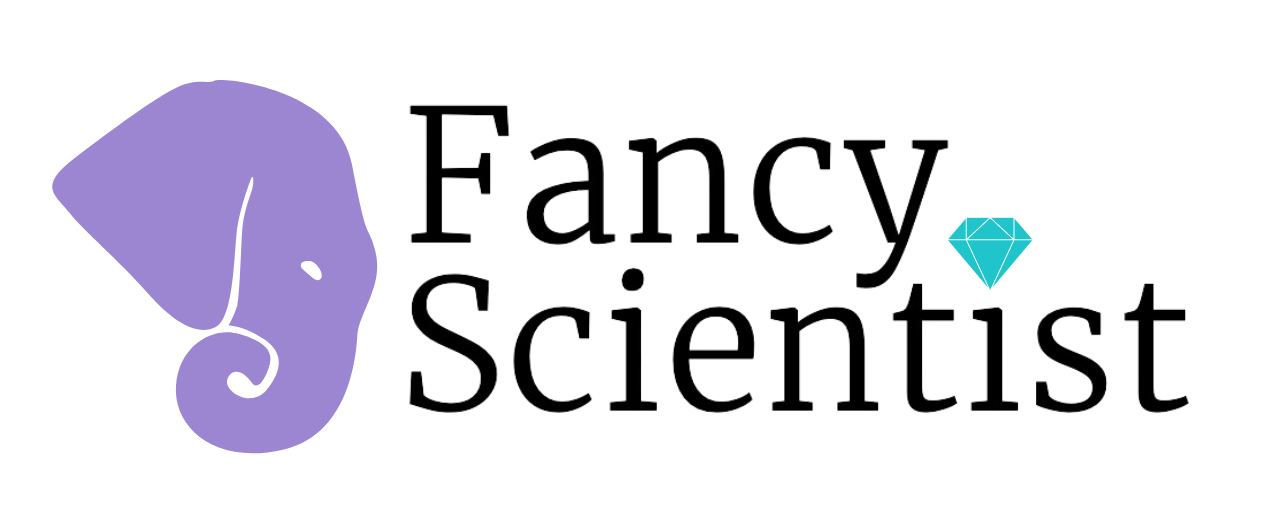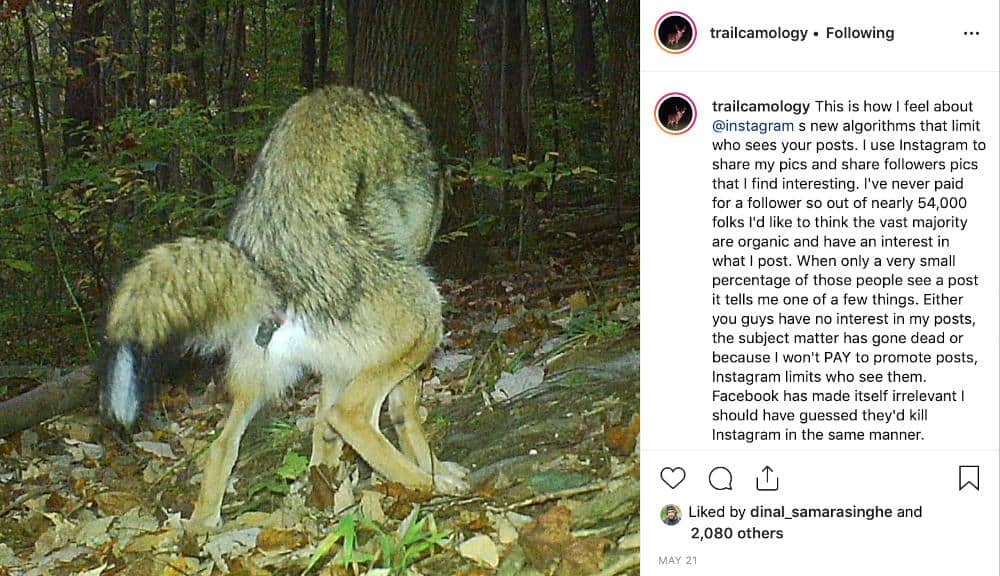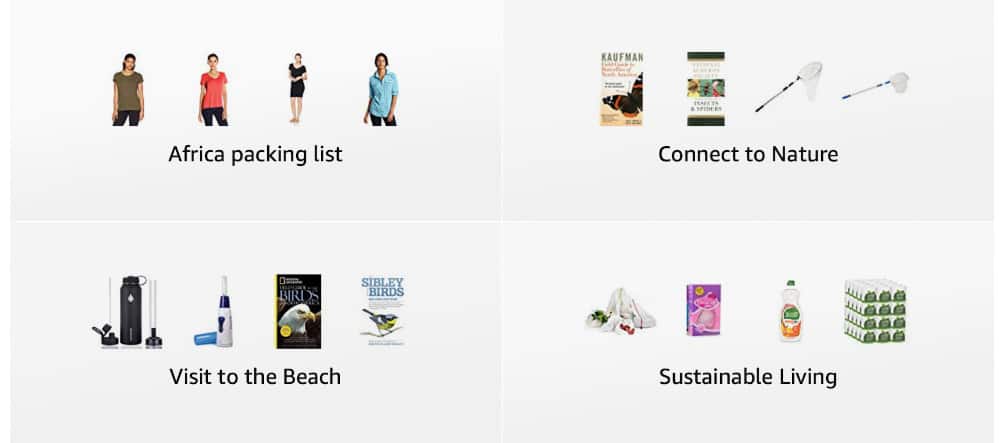Blogging was at its heyday in the early 2000s, but seems to be passé in the era of social media today. With the social media powerhouses of Instagram and Twitter, why would you waste your time on a blog? As a scientist told me recently, “blogs are dead.” But I’m here to tell you that they are not dead, and in fact, in my opinion, science blogging is the best form of science communication out there.
What is Science Blogging?

When a lot of people hear science blogging, they think of the traditional blog – a day in the life of a scientist, almost a diary-like account of what it’s like to be in the field/lab as a scientist. But blogging doesn’t have to be that way, and in fact, I recommend you branch out into other topics.
Blogging is the same thing as having a website. It is putting content out there for people to read – just like you do on Instagram and Twitter, but it has a lot of advantages over those platforms, which I will go over. Blogging is simply publishing articles about the topics you want to write about. It’s kind of like having your own magazine.
Why Science Blogging is Better Than Science Communication
So why do I think science blogging is the best form of science communication? There are so many reasons, so let’s get into it!
1. Social Media Platforms Can Disappear, Algorithms Can Change
When you set up your blog and purchase a domain, you own it (for how to do this, read “Scientists Need a Bio“). Why is owning content important? Because YOU can control it, edit it, and can adjust to changing algorithms.
Social media platforms like Twitter, Instagram, and Facebook seem like powerhouses today, but that can always change or even die. Remember MySpace? Friendster? Facebook lost 15 million users in the last two years. If you spent time creating content only for these platforms, did not save any copies of it, and no one uses them, it will all become ineffective science communication.
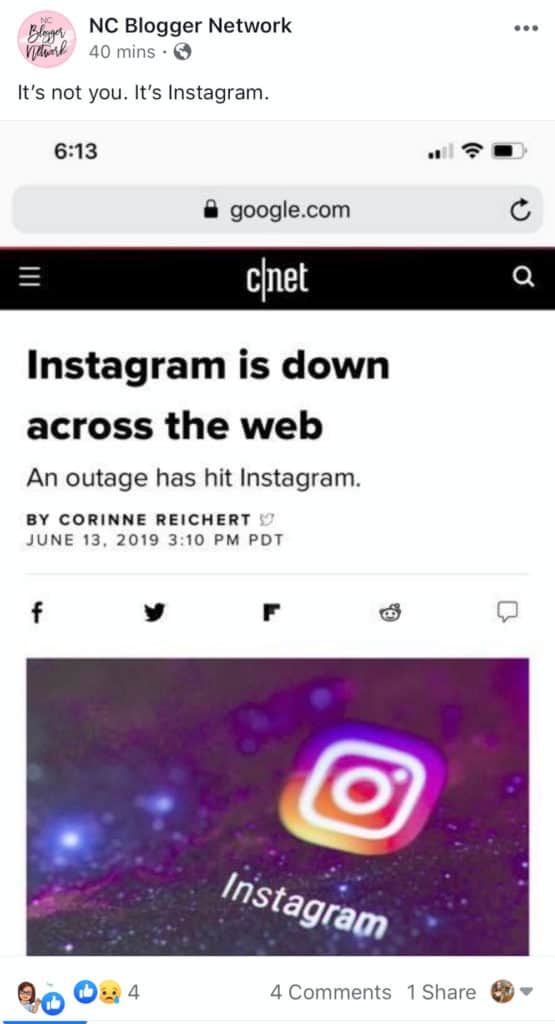
Case Study: Vine
As part of a summer science communication course we used to teach to interns, we would make Vine videos. Vine was a platform for extremely short videos; they had to be 7 seconds long or under, so you had to communicate a message fast. Some people outside of science communication became famous from their Vine videos. We made videos every summer and although I didn’t spend a lot time on Vine, I did have dozens of videos.
Where is Vine now? It’s gone. It’s no longer in existence. All of the content people created is archived, but you can’t take it off of the platform and move it somewhere else.
If you build up a following on a social media platform and it goes away, ask yourself – will your followers follow you to a new platform? When the Vine stars moved platforms did their followers remember them? I honestly can’t remember all of the people I follow on instagram (1K+) and for some of them, even though I love their accounts, I know I won’t be able to remember their handles or names. Unless you are very well known on a social media platform, it is unlikely that people will follow you to another.
2. It’s Harder to Find You in Social Media than in Google
With the exception of YouTube and Pinterest, social media platforms are not search engines. Yes, you can use specific hashtags to help you find people to follow, but it is not as specific and tailored as a Google search engine, and it also may not be as fair. I’ve heard through the podcasts that I listen to, that like Facebook, Instagram, is favoring accounts that invest in the platform through advertising. If you are just starting out, it will be nearly impossible to grow a large following without ads (I’ve been told). You’ll have to pay to play.
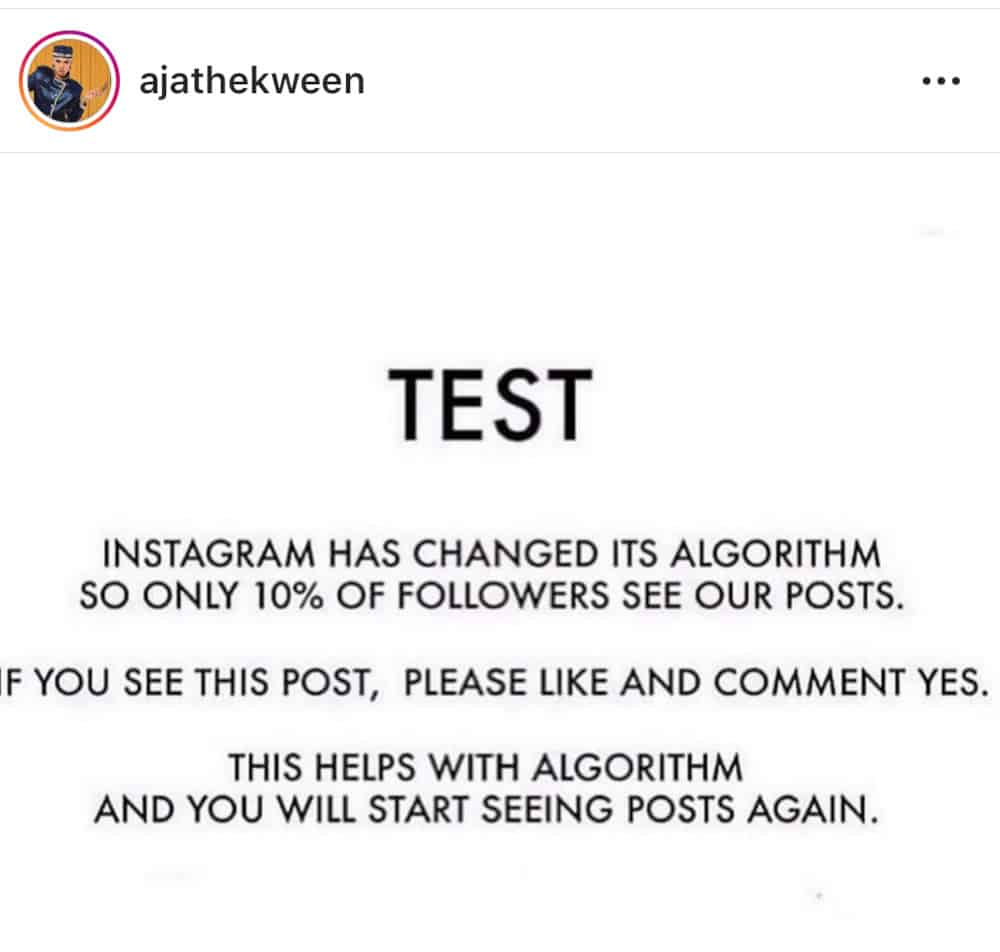
It’s not necessarily that people are searching for you per-say, but people search for things that they are interested in or need help with, and social media is not that specific for this. With blogging, when you do SEO (search engine optimization) well, people can find your content when they search for things. If you study vaccines and blog about it, when people Google if vaccines are safe, they may be able to find your post about it. But it would be more difficult to find a specific post about that topic when searching something like #vaccines.
When you want to know more about something, you Google it. There is so much bad information out there! I blog because I want people to find quality information about wildlife, nature, and living sustainably. A lot of scientists are frustrated by the amount of pseudoscience on the Internet. Combat it by writing your own content!
Also, not everyone is on social media! Do you meet people who are not on Instagram, Twitter, or Facebook? I do all of the time! Do you meet people who don’t use Google or another search engine? Hardly ever. Even in rural areas in developing countries, many people have smart phones and use them to connect to the Internet.
3. Social Media Expires, Science Blogging is Evergreen
This is one of the most important reasons why I prioritize blogging: blogging is evergreen, social media is not.
First, let’s talk about how social media works. When you make a Facebook or Instagram post or a tweet, it goes to the top of your feed and then works its way down with time (note: YouTube and Pinterest are less like this and work more like a search engine). Yes, you can pin a tweet to the top or save stories or even do Instagram TV, but in general, your content makes its way to the bottom of your feed and eventually becomes unavailable to your followers unless they dig deep. You might reach a lot of people in the days/weeks after you post it, but after that, it’s reach declines significantly. Think about when you visit an Instagram user’s profile – how often do you do scroll to the beginning of their feed? It’s even worse on Twitter; I have 15K+ tweets for example!

For example, let’s take a look at my post “7 Beginner’s Tips for a Wildlife Biology Career.” This is one of my most successful posts with 11K+ page views. It’s been shared on websites and in emails. However, if I posted it on Instagram, it’s doubtful it would have been seen by that many eyeballs because it would have drifted down to the bottom of my feed.
I see posts from other scientists that are well-written and I know a lot of time has been put into them. I used to do the same thing. It’s a shame that these posts will eventually be lost! With blogging, you can post the same content as a blog post. If you are writing ~300 word Instagram post, that is a blog post.
What Is Evergreen?
You know how evergreen trees are green year round? Evergreen content refers to content that is continually relevant (“green” year round). There are some blog posts that won’t be evergreen, for instance if you write about an event in the news or seasonal posts for the holidays, BUT, overall your blog content will be relevant and accessible with time.
Unlike social media, where your posts go to the bottom of the feed, your blog posts can be easier to find with more time. It takes months before Google knows how to rank your post in search results, and if you understand how Google’s algorithm works and your competition, you can update your blog posts to try to rank higher. In other words, you can update your posts to keep it evergreen.
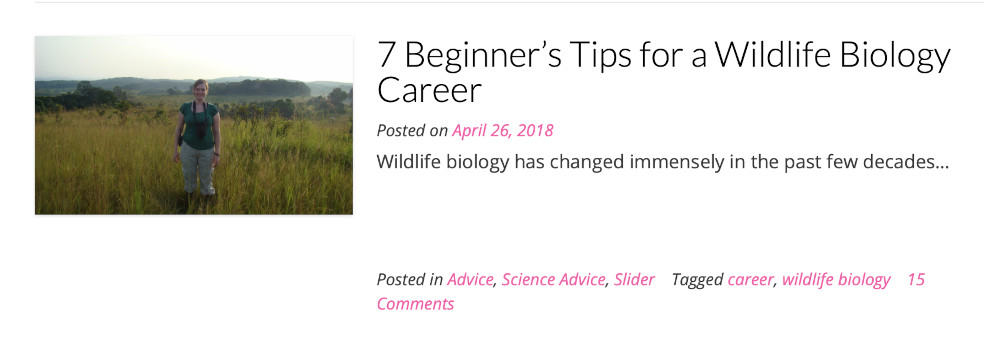
4. It’s Easier to Share Content from a Blog
People tend to ask me the same questions over and over again. It saves me a lot of time and is more helpful for them to write one well-written blog post and refer to this to answer their questions. For example, a lot of people ask me what kind of camera they should buy. This is why I wrote “7 Reasons Why Reconyx Hyperfire is the Best Camera Trap.” Yes, it took several hours to write it and arrange all of the photos, but it saved me more time in the long run by preventing me from writing the same advice over and over again. As a bonus, other people can find it in Google!
Because it’s easy to search a blog (your website), even if you have a lot of content, you can just type in a keyword to bring the post up you want to send to someone. Try this with Instagram or Twitter; you would have to manually scroll through your feed to find the post you wanted to refer to. It’s also much easier for other people to share. If you add social media sharing links to your blog posts, all the reader has to do is click a button to share your post to Facebook, Twitter, etc.
5. You Can Make an Income with Blogging
Your time is valuable and you are providing a service to people when you do science communication. You are providing information, education, and entertainment. Other people get paid for their time providing services, scientists should too.
Did you know that there are a lot of bloggers who make 100K+ just from their blog? I was surprised to know this too. Because I love blogging, I’ve been taking it more seriously and have made it a business. It takes work and time to make money with blogging, but it can be a great side hustle or full-time hustle. Yes, you can make money with social media too (as an influencer), but I think it is harder, and even if you are an influencer, it’s still a good idea to have a website (blog) as a landing page (check out Scientists Need a Bio).
Here are some of the ways you can make money through blogging:
- Affiliate links: These are companies that you partner with. How it works: You share products that you love and make a commission for anything purchased by your readers and it is not at any extra cost to the buyer. You can check out my affiliate partners on my “Affiliate Links and Disclaimer” page.
- Ads: Inserting ads in the sidebars, headers, or footers or you’re blogs, or partner with corporations.
- Creating products: Professional bloggers create eBooks and online courses. I am in the process of writing an eBook, but I am thinking of making courses in the future too.
Please don’t get me wrong – I am not saying not to do social media – I love social media and I am on all of the big channels! I am just saying to make blogging your foundation and use social media to promote your blog. You can also repurpose a lot of content (future post on this topic).
I hope I’ve convinced you that blogging is worthwhile and fun, and that you’ll give it a chance. With a small percentage of people having a high public trust in scientists, maybe access to information through blogging can change some of this. Ready to get started? Here’s how.
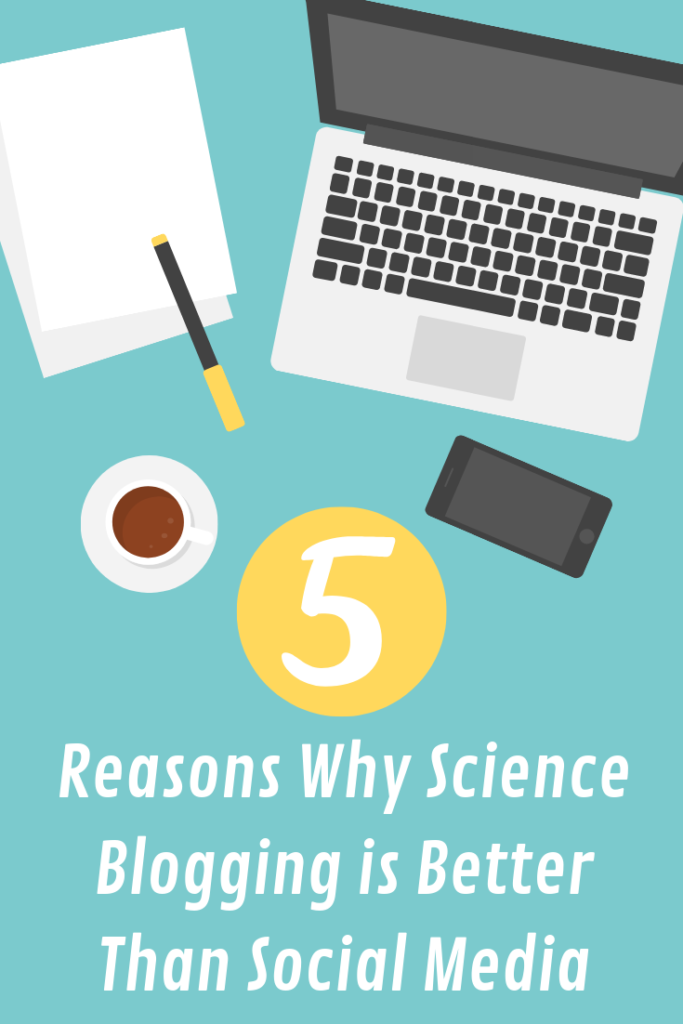
Love this post? Share it with friends!
